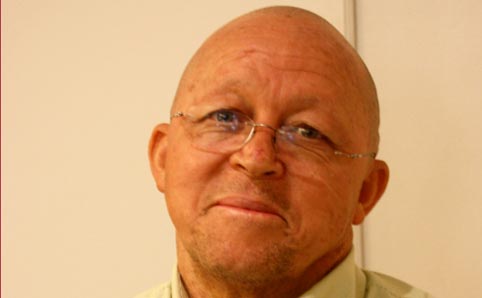 |
|
Prof. Nicholas Morgan
|
The Council of the University of the Free State (UFS) has approved the appointment of Prof. Nicholas Morgan as Vice-Rector: Operations, at its meeting on Friday, 11 March 2011. He has been appointed in the position of Prof. Niel Viljoen, who is retiring on 31 March 2011.
Prof. Morgan formerly served as the Deputy Vice-Chancellor of the Central University of Technology, Deputy Vice-Chancellor of the University of Johannesburg, Interim Vice-Chancellor at Walter Sisulu University and Vice-Chancellor at the University of Transkei.
Prof. Morgan is a former Fulbright Fellow and holds a Master of Science degree from Cornell University in New York, an M.B.A. from Stellenbosch University and a B.Com in accounting and business economics from the University of the Western Cape.
He has held positions at various universities and served as a member of various international professional associations, including the American Industrial Relations Research Association, the Industrial Relations Research Association of South Africa, the South African Institute for Management Sciences and the American Council for Adult and Experiential Learning.
He has been published in numerous publications, and served on the editorial boards of the SA Journal of Business Management between 1993 and 1995 and the Journal of Human Resources Management between 1999 and 2009.
In addition, Prof. Morgan has also developed and presented numerous training programmes and workshops for NGOs, parastatals and unions in the private and public sector.
He has lectured courses in Industrial Relations, Strategic Management, Quantitative Management techniques and Marketing from first-year to postgraduate level at the University of the Western Cape, University of Cape Town and Cornell University.
Prof. Morgan will take up the position on 1 April 2011.
Media Release
18 March 2011
Issued by: Lacea Loader
Director: Strategic Communication
Tel: 051 401 2584
Cell: 083 645 2454
E-mail: news@ufs.ac.za